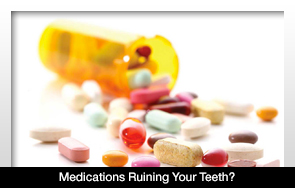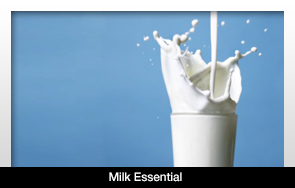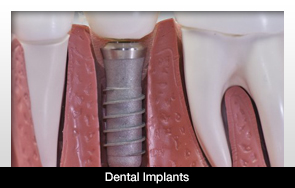Written by Dentistry TodayTuesday, 13 August 2013 15:45
 |
You may want to be careful about which medications you take.
New information indicates that certain medicines could lead to problems for your teeth.
Oral inhalers are used to aid breathing for asthma patients but the inhalers could have unintended negative effects. Studies from researchers in Australia and Scandinavia show that inhalers may actually raise the risk of developing cavities.
Inhalers with powder—something that supposedly adds flavor—are even worse for teeth because the residual powder may stay in the mouth for a while. That’s why it’s essential for people who use inhalers to maintain good oral hygiene. It’s also pivotal to rinse your mouth with water after utilizing an inhaler.
There are also some antibiotics that could adversely affect oral health. There are some medicines, like tetracycline, that may stain teeth or cause discoloration.
There are other antibiotics that may cause oral thrush, resulting in white spots in the mouth. Excessive usage of mouthwash may result in oral thrush.
Many antihistamines are effective in preventing hay fever, among other issues. The problem is that dry mouth is a common side effect of antihistamines. Swallowing then becomes harder, making it more difficult to rid the mouth of food debris and bacteria. The chances of developing decay or gum disease then go up.

